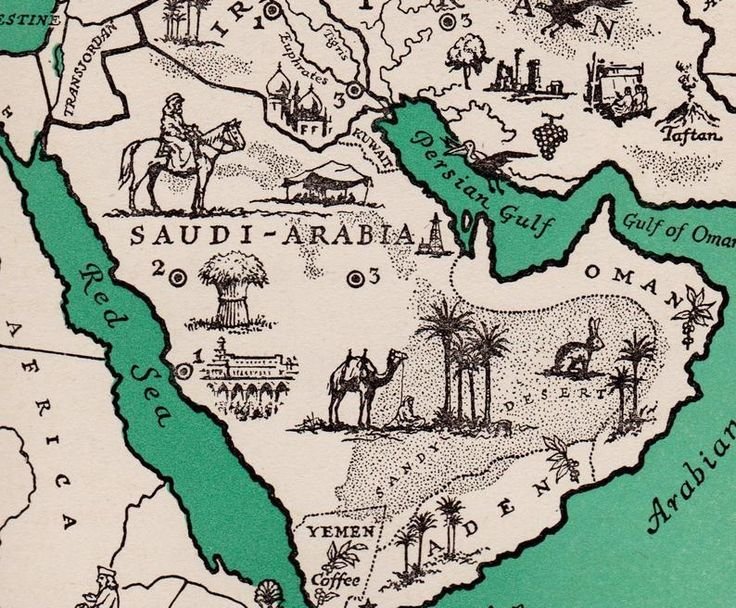Muslim Traditions,Genealogists It appears there might be some confusion or mixing of information in your request. Let me clarify and summarize the key points based on what you’ve provided:
Arab Genealogy and Traditions
- Descendants of Ishmael:
Arab genealogists, including Hisham Ibn Muhammad al-Kalbi (Ibn al-Kalbi), trace the lineage of Arabs back to Ishmael, the son of Abraham and Hagar. According to these traditions, Ishmael is considered a progenitor of the Arab people. - Qahtan and Adnan:
Arab genealogists divide Arabs into two main groups:
- Qahtanites (Original Arabic Arabs): They are believed to be descended from Qahtan (Joktan in biblical genealogies) and are associated with southern Arabia, particularly Yemen.
- Adnanites (Arabized Arabs): This group includes tribes and peoples from the northern Arabian Peninsula, such as the Hijazis, Najdis, Nabataeans, and Palmyrenes. Adnan is considered a descendant of Ishmael.
- Variety of Uses of the Term ‘Arab’:
Over the centuries, the term ‘Arab’ has been used in various contexts by different civilizations. It has referred to desert-dwelling nomads, specific tribes like the Nabataeans, and later encompassed broader cultural and linguistic identities, particularly after the advent of Islam.
Historical Perspectives
- Nabataeans and Arabs:
During the Nabataean cultural and political zenith, many ancient historians, including Greek and Roman writers, often considered the Nabataeans as representative of the Arabs. This association was due to the Nabataeans’ prominence in trade and their interactions with neighboring civilizations. - Cultural and Political Context:
The term ‘Arab’ in ancient writings should be understood within the specific cultural and political contexts of the time. It encompassed a wide array of tribal, linguistic, and geographical diversity within the Arabian Peninsula and its peripheries.
Conclusion
The term ‘Arab’ has evolved significantly over time, from its roots in ancient genealogies tracing back to Ishmael, to its broader application in Islamic and later historical contexts. Understanding who was considered ‘Arab’ varied depending on historical sources and their perspectives. For many ancient historians, especially during periods of significant cultural and political influence like that of the Nabataeans, the term ‘Arab’ often included peoples such as the Nabataeans who were prominent in trade and cultural interactions in the region.
Thus, when interpreting ancient references to ‘Arabs,’ it’s essential to consider the specific context and the evolving understanding of the term throughout history.Muslim Traditions,Genealogists




